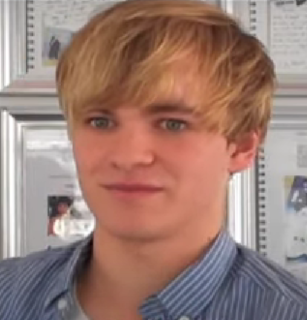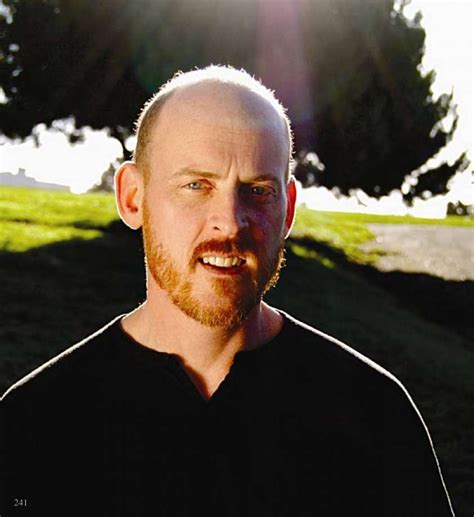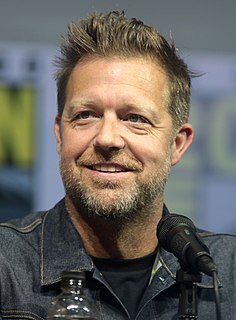A Quote by Gus Van Sant
Silent is about needing to make a scene shorter by having physical things to cut to. That way, you can manipulate a character to the other side of the room. But, if they say the wrong thing, it might locate that action in a particular part of the scene. It's a mechanical need.
Related Quotes
It's like you might have some great scene that you love but for some reason - and you can't necessarily put your finger on it - the movie's not working or it seems slow or ponderous in some way, and even though it has your favorite scene in there, actually the favorite scene is the culprit. That's the painful thing about editing, is trying to locate those things that are holding the movie back and then having the guts to cut them. And it is painful to do it.
It's hard to say what you learn acting a part. You find bits and pieces of yourself that are inside the character you play. You locate the relatable aspects of that character to your own life. So, in a way, every part you play forces you to discover things about yourself you might not have learned otherwise.
have a much harder time writing stories than novels. I need the expansiveness of a novel and the propulsive energy it provides. When I think about scene - and when I teach scene writing - I'm thinking about questions. What questions are raised by a scene? What questions are answered? What questions persist from scene to scene to scene?
I actually went to see 'Rushmore,' and I came late, and I missed myself. It was great, that scene. I caught that scene the other day on TV, funny enough, the first scene that you see with Jason Schwartzman and myself, where we talk about his grades. That's a brilliant scene, and I have to say, we play it brilliantly.
Do what you want I don't care. That's the thing to say to an actor. Most people don't understand that. Not to manipulate them. That's what you say to an actor. You got a problem with the whole environment in doing that? Fine, what are we going to do to make the scene work? Now you have someone on your side. Now you have someone working with you.
What is a scene? a) A scene starts and ends in one place at one time (the Aristotelian unities of time and place-this stuff goes waaaayyyy back). b) A scene starts in one place emotionally and ends in another place emotionally. Starts angry, ends embarrassed. Starts lovestruck, ends disgusted. c) Something happens in a scene, whereby the character cannot go back to the way things were before. Make sure to finish a scene before you go on to the next. Make something happen.
When I first started writing, there was no way I'd write a sex scene. That just seemed impossible. That's why in "Fight Club" all the sex happens off-screen. It's all just a noise on the other side of the wall or the ceiling. I just couldn't bring to write in a scene like that. So one of the challenges with "Choke" was I wanted to write sex scenes until I was really comfortable just writing them in a very mechanical way.






































